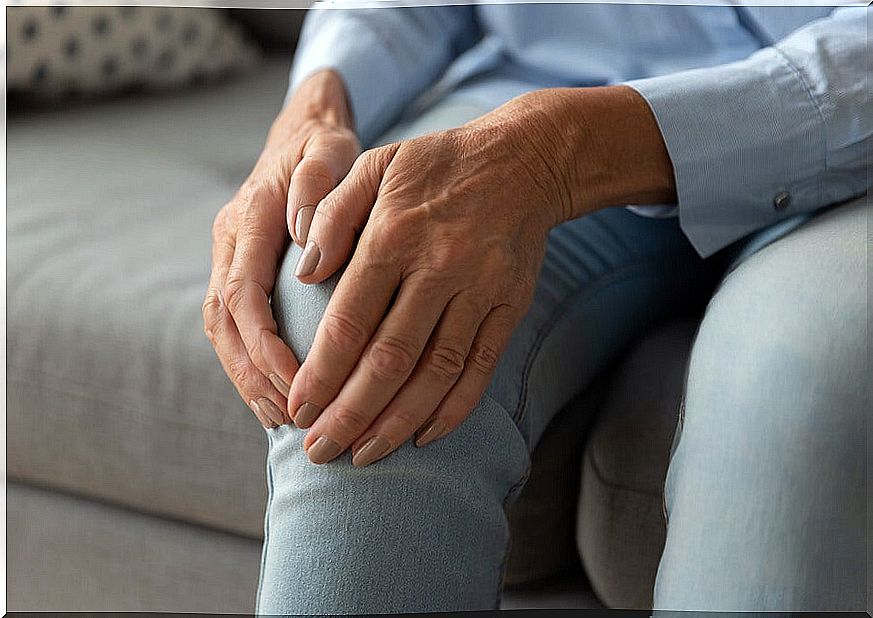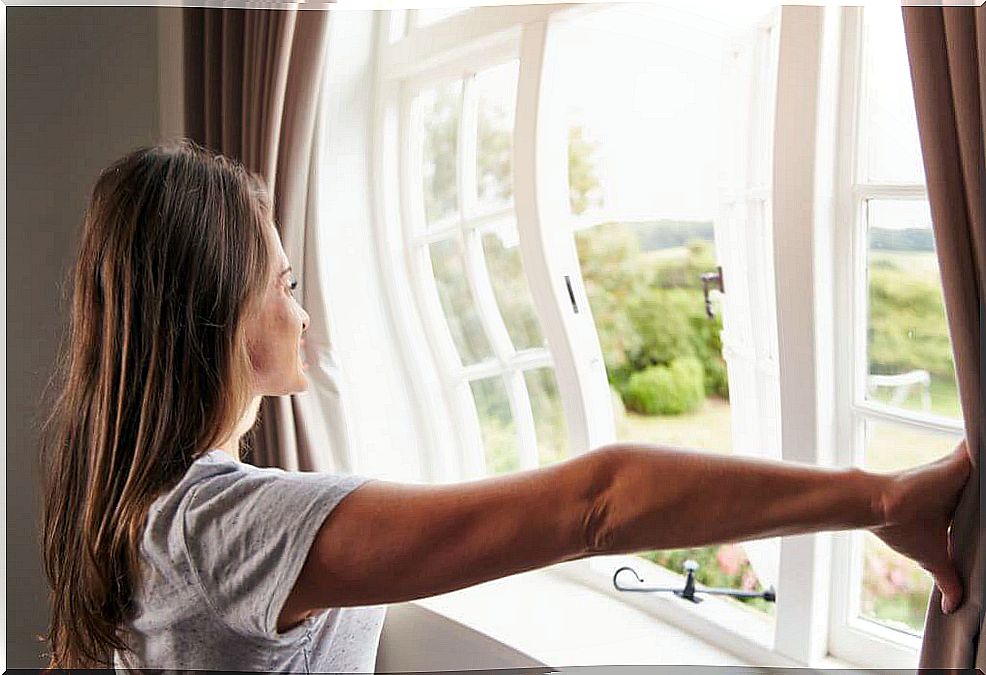Why Does The Weather Change Affect Health?
The change of weather affects health in many ways. Weather has collateral effects in various areas of human life, including the body and its functioning.
For example, it is true that there are more respiratory infections in winter and that dehydration increases in summer. This, which seems obvious, actually responds to weather changes that modify the ecosystem.
The human being lives inserted in changing environments. Except for few exceptions on the planet in which the stability of the temperature is very constant, in the rest of the places the time oscillates between two, three or four seasons.
Both the air temperature and the atmospheric pressure and the degree of precipitation are constituent elements of the climate. The interplay of forces between them inflames or deflates, increases or stops the circulation of microorganisms, improves mood or depresses it.
We are going to see, through three clear examples, how the change of weather affects health. If we already know in advance what we are most susceptible to in each age, we can take steps to prevent disorders.
The case of joint pain due to the change of time
The pain in the knees before the change of weather is a classic suffering, especially in older people. If the ambient cold or humidity increases, people with osteoarthritis and arthritis tend to have a worse time.
Rheumatology has known this relationship for a long time and it is part of the protocols to reinforce painkillers in the winter seasons, for example. It is assumed that there will be more pain and that an additive of anti-inflammatories will be needed.
The true origin of this exacerbation is atmospheric pressure. This is understood as the force exerted by air on a point in the atmosphere. This external pressure affects the internal pressure of the body, including that which could be measured within the joints.
Since the knee is a nearly closed space, increased pressure within it will cause pain. In a person without joint pathologies nothing will happen, but in cases of osteoarthritis it will.

Colds at any time of the year
In epidemiological terms, upper respiratory infections are typical of autumn and winter, associated with low ambient temperatures. The cold reduces the mobility of the cilia that sweep the airborne mucus and favor the entry of microorganisms.
However, the same effect is achieved with air conditioning, which accounts for much of summer colds. Thus, we are facing an artificial time change that affects health.
Air conditioning also dries up the environment. This reduces the natural humidity of the nose and throat, which affects the barrier function against bacteria and viruses and results in another factor of infection.
The climate modifies the habits of meeting and social contact, thus adding contagiousness. In winter we meet under the same roof for many hours with little ventilation and microorganisms are more likely to pass between person and person due to the proximity.
The mood and the weather changes

Scientific studies that compared groups of people with more exposure outdoors versus others with more time indoors due to cold climates showed that mood varies with temperature. In extremely cold latitudes, people are more prone to depression.
The data is not less if we link it to suicide rates, which become higher in cold countries and geographic regions. This could be due to the low exposure to solar radiation, which would have negative effects on the mood of citizens.
However, in very hot climates there is also no happy mood all the time. Caribbean regions, for example, are susceptible to hurricanes and powerful winds that stimulate exacerbation of psychiatric illness in the post-storm period.
Anticipate the change of weather
One way to take care of your health is to anticipate the weather changes that we already know. In the winter, for example, we can take preventive measures that reduce our chances of getting sick with the flu.
Sun exposure is another factor that we should take advantage of. If according to the weather forecast we know the sunny days that there will be in an autumn week, we should schedule outings to take the sun’s radiation.
In short, the climate is not something that we are going to control, but we are in a position to anticipate sometimes to act accordingly. So if you want to protect your health, check the weather forecast.









